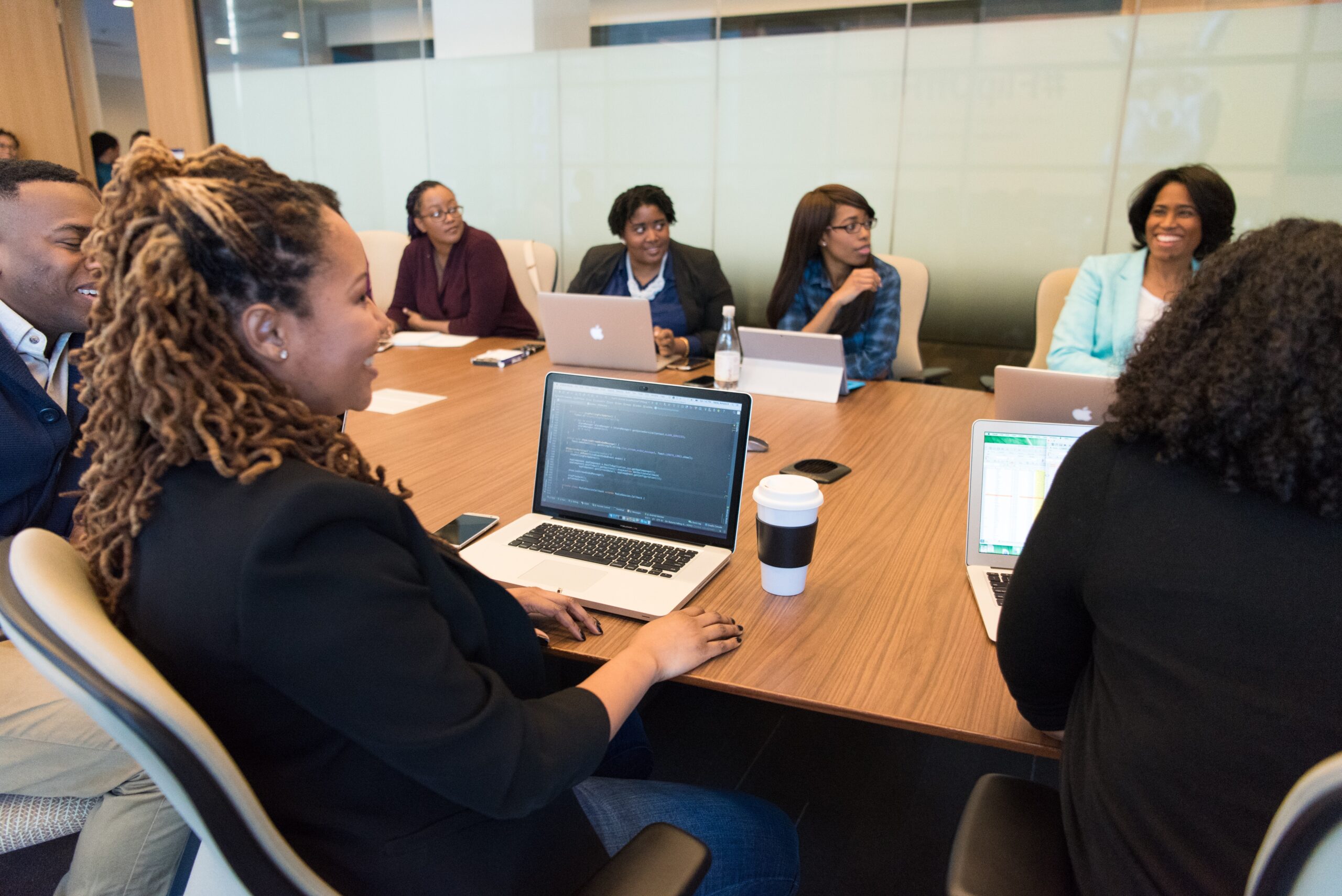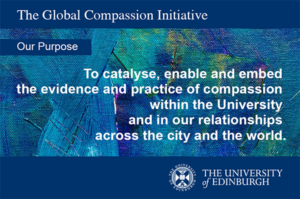Compassion and business: an oxymoron or an opportunity?

The UN 2022 Special Report “New threats to human security in the Anthropocene” (2022 Special Report on Human Security | Human Development Reports (undp.org)) speaks of the declining levels of trust and insecurity in the world, and the need for a different type of leadership.
The report called for a collective response to attend to the conditions of trust, of which compassion has a central role.
A broad compassionate framework is needed. One which can help facilitate ethical partnerships in every sector – ensuring that all work purposively attends to be fully inclusive, seeking to leave no one behind, actively respond to alleviate suffering, and promote flourishing.
A new programme of work is developing the thinking and training on the science and practice of compassion in relation to a Wellbeing Economy. It is led by Katherine Trebeck (Writer at Large for the Global Compassion Initiative) and Liz Grant (Co-Director of the Global Compassion Initiative, and Director of the Global Health Academy).
Compassion and business: an oxymoron or an opportunity?
Liz Grant and Katherine Trebeck
In a cosy room on a cold January Thursday earlier this year, a small group of business leaders joined a dialogue about compassion in business.
Some might hear those words and think there is no such thing as compassion in business, or that businesses that prioritise compassion are losing their way.
But putting compassion at the heart of enterprises and ensuring that compassion is allowed and encouraged to flourish is an urgent agenda – and indeed an opportunity for business and for societies to attend to some of the complex and interrelated challenges they face.
As communities in Scotland and around the world are rocked by a series of interlocking crises, a suite of ideas for new ways of doing policy and enterprise are emerging. The role of enterprise – from small businesses to large financial institutions – is crucial if the response, next steps, and next phase are going to be able to deal with the global challenges. There are pioneers in boardrooms, in design studios, and on factory floors around the world who are working to bring out the best of business so it is part of delivering what people and planet need.
Discussion on that January afternoon stepped into this space, asking what compassion means in the context of business, and what enables and inhibits it?
This gathering was not intended to rush to action or to draft a ‘5 point plan’ (there are plenty of those out there already and there was no mandate in the room for such an effort). Instead, it was about digging into the complexity of the issues and doing so together: learning from the collective wisdom in the room, with each participant leaving the gathering thinking differently about what was previously familiar and taken as given.
In reflecting on compassion and business, we heard from one of the world’s leading thinkers and do-ers in this space: Evan Harrel. Evan explained that while even at the age of two years old we see humans show an innate instinct for compassion, it is a practice rather than an outcome. It is not so much about ‘being nice’ or feeling empathy (as simply staying empathetic will lead to burn). Instead, compassion has a scientific basis (with the potential to train neurologically and to impact genetic expression). It is action orientated, but action with wisdom and based on understanding.
As Evan and Professor Liz Grant explained there are four parts to compassion (as laid out by Monica Worline): firstly noticing the suffering and who is suffering. Secondly, taking time to interpret the suffering, getting behind the story to understand why it is happening. Thirdly, leaning into it and feeling the emotions and that this pain matters. And finally, and most importantly reacting, taking action to alleviate suffering and the upstream causes of the suffering.
Data shows how compassion benefits those who are being compassionate (MRI scans show how the ‘reward’ part of our brains are activated when we act compassionately). But this benefit is not present when the action is being carried out for ulterior motives: sincerely acting for others is what will reward those doing it.
For Business organisations, there are benefits too. Compassion creates a sense of freedom, people can come up with better ideas knowing they can float them and be more creative without fear; there is higher employee engagement and more loyalty and retention; people feel valued and safe and connected (and thus more productive) where they feel and can be compassionate. For organisations delivering healthcare there are additional benefits: not only do staff experience less burn out and feel more satisfied, but patients recover better when treated with compassion.
Evan was asked why, if compassion is so innate, and apparently so good for everyone and for systems, do we see it so infrequently? He explained that humans have ‘other impulses which are also innate’ – a bias for fear and anxiety, for example. Practice will help people tap into their compassion over their sense of threat. Liz Grant also pointed out that the way the world is constructed – around competitiveness and individualism – pulls people away from their compassionate instincts.
What is needed to build on this evidence, the engagement of those who came together in January, to harness the opportunity compassion presents to benefit society and people?
Katherine led the discussion which focused on the challenges of the inherent complexity of compassion and how a community of practice – such as the Global Compassion Coalition – can support leaders who show what it looks like. Organisations can proactively build understanding through training, awareness raising, dialogue and debate.
What would it be like if leaders were proud to be compassionate – rather than proud of their ‘winning’ credentials – but are businesses places where there is the autonomy, let alone the ‘psychological safety’ to do this? Policies, including recruitment, should support compassionate approaches and resources. Time, time needs to be available, though often the same act can be carried out in the same time compassionately, as carrying out the action in an uncompassionate way. And we also know that more time is spent dealing with the fallout of uncompassionate actions. There needs to be scope for people to understand the experience of others and build their understanding (the third of the four stages) from there.
The values behind the mission of organisations matters too – is the value base inherently competitive and thus zero sum? Or does the organisation appreciate the deep connections humans have to each other (and to nature)? In a world of business where recognising the triple planetary crisis is going to be critical for survival, such connections may move from being the domain of the few to the space of the many.
Evan left change makers with a powerful piece of advice: they need to operate at ‘the edge of the inside’ – where you won’t be sucked in by the current system’s gravity; but here you can also be more effective than throwing rocks that no one pays attention to.
(PHOTO: Christina Morillo)





Comments are closed
Comments to this thread have been closed by the post author or by an administrator.